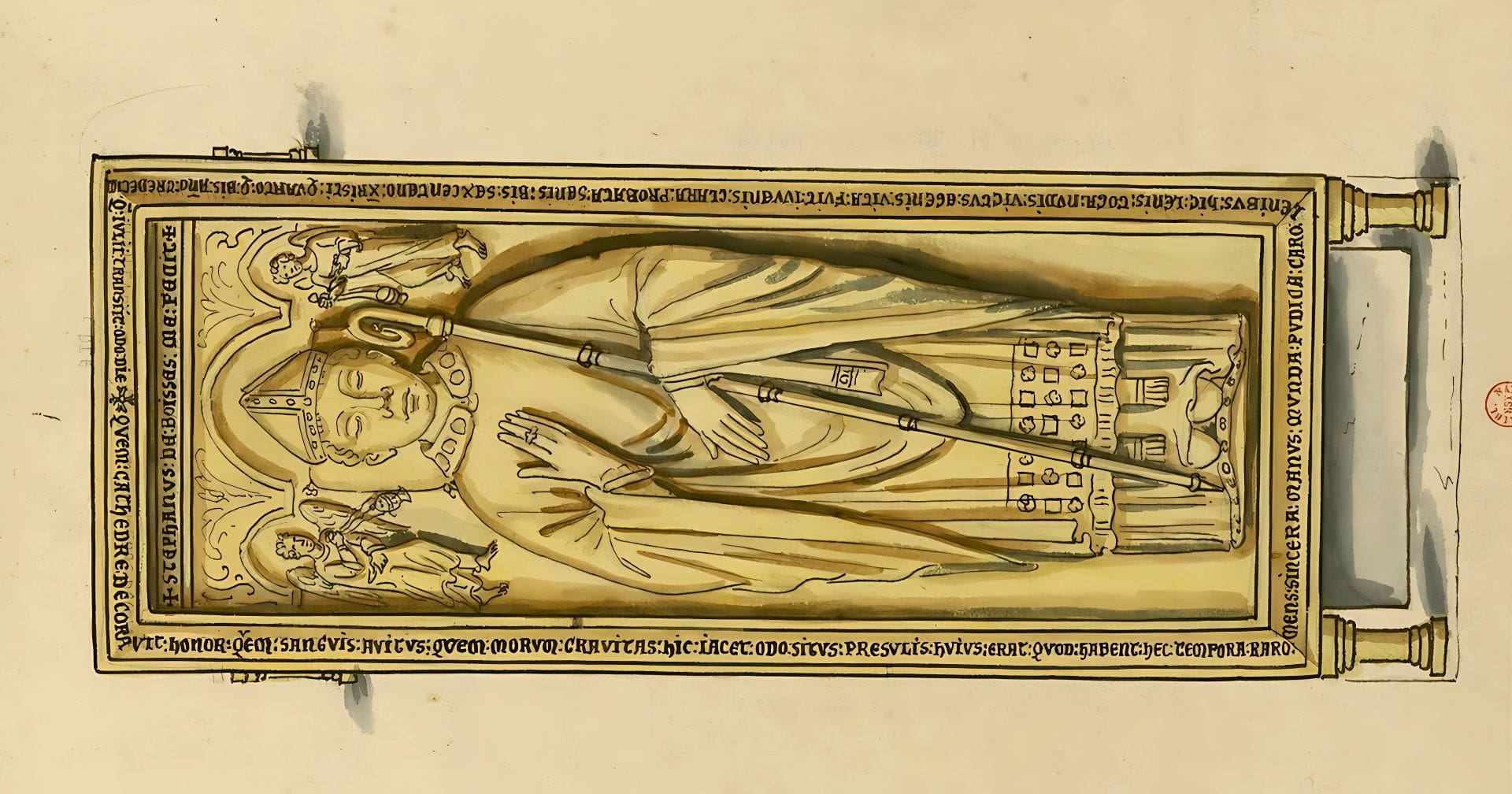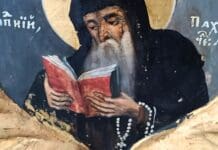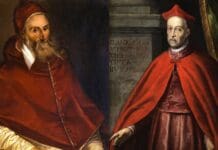Have you ever thought a game like chess could lead you spiritually astray?
It may sound surprising, but that’s precisely what one medieval Catholic bishop believed. He even banned the game outright!
Eudes de Sully, Bishop of Paris from 1197 to 1208, is best known for his contributions to elevating the liturgy and his role in building the iconic Notre-Dame Cathedral. But Eudes was also deeply committed to reforming the spiritual lives of clergy and laypeople alike.
This commitment led him to take a surprising stand against the game of chess.
In 1197, Eudes issued diocesan statutes explicitly forbidding priests from playing chess or even keeping chess sets at home. Article 81 of these statutes states clearly: Et ne in suis domibus habeant scacos vel aleas vel decios omnino prohibetur meaning “And it is absolutely forbidden for them to have chess or dice or dice in their homes.” This strictly prohibited the presence of chessboards and dice in priests’ houses.
Why such a strong position against a game now known for strategic thinking?
At the time, chess was commonly associated with gambling, rowdy tavern life and moral corruption. The medieval Church viewed these pastimes as potentially leading souls away from virtue and holiness.
Ironically, centuries later, chess would be embraced by other Church figures, notably Father Ruy López, a Catholic priest and pioneering chess theorist, who organized the first international chess tournament in 1574 at King Philip II’s request!
This fascinating episode in history serves as a reminder that all our activities—games, work or leisure—should ultimately draw us closer to Christ. Even through unexpected paths, God’s providence guides us toward holiness.
Today, let’s ask ourselves: are our daily pastimes bringing us nearer to Him?
Saint Teresa of Ávila, patron of chess, pray for us! 🙏
Photo credit: Public Domain via Wikimedia Commons



















